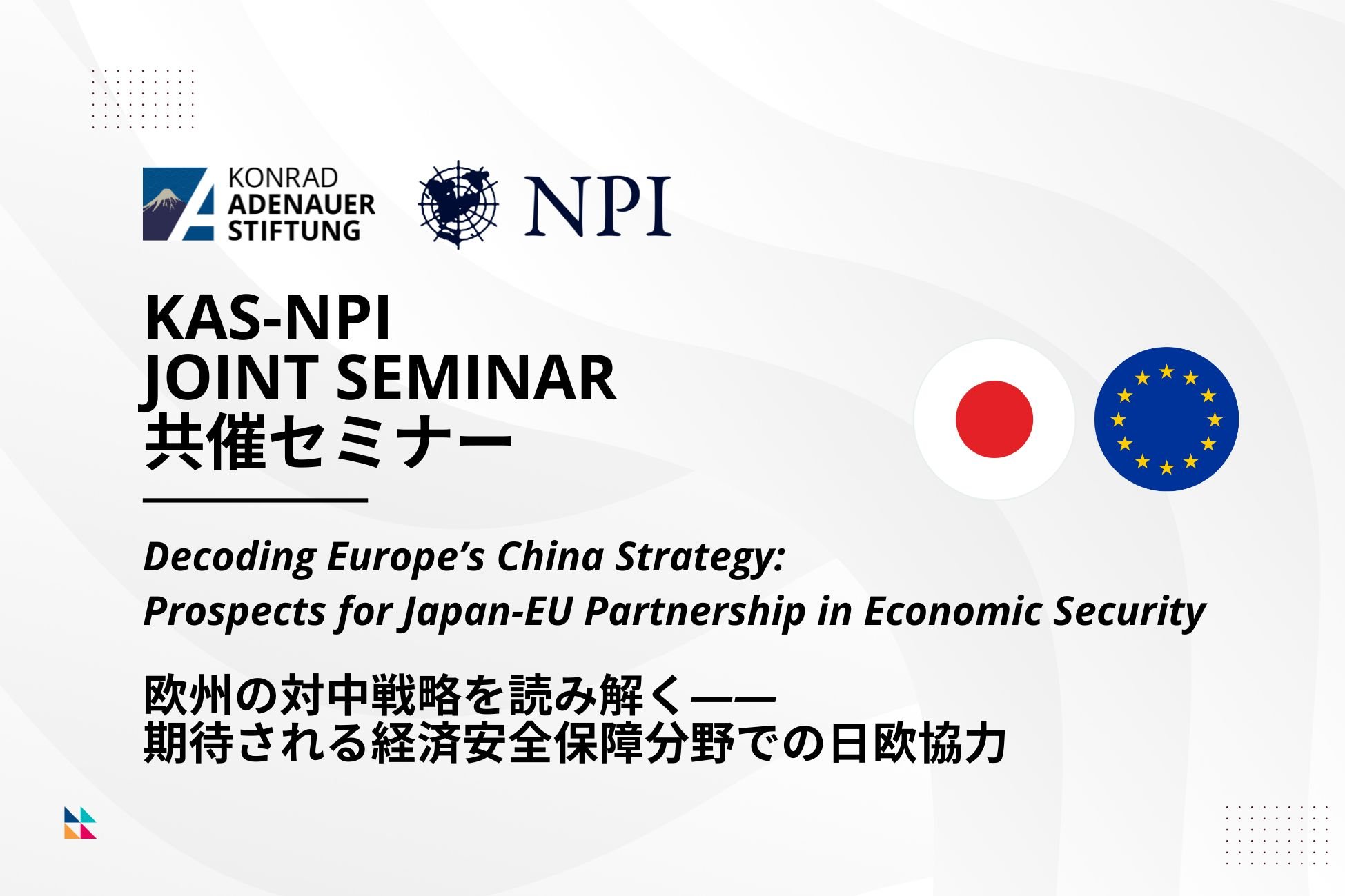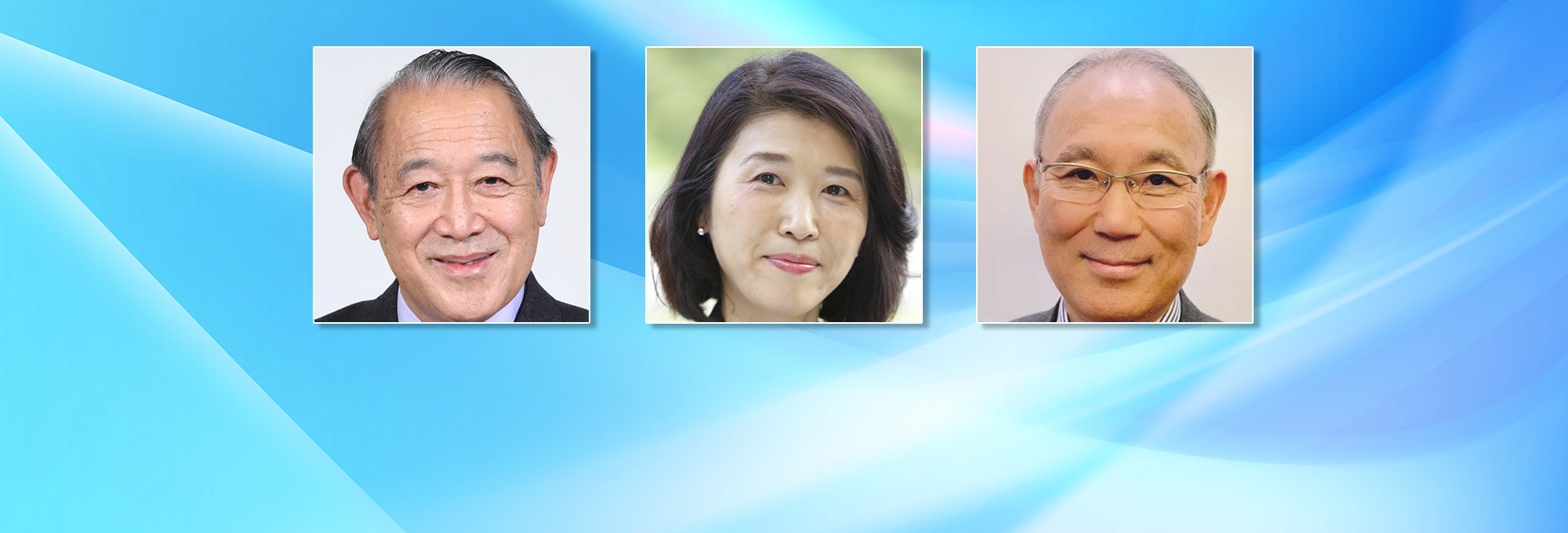With the prolonged fighting following Russia's invasion of Ukraine, the world order has become increasingly uncertain. China has consistently regarded Russia as its most important partner but has maintained a certain distance. On September 15, 2022, a summit meeting of the Shanghai Cooperation Organisation (SCO), a multilateral cooperation organization led by China and Russia, was held, where Russian President Vladimir Putin and Chinese President Xi Jinping met face-to-face to discuss the goal of more "rational and fair" international relations, different from those of Western countries. Will the relationship of the two countries grow closer in the future, or will they seek a mutually beneficial relationship while keeping an eye on world affairs? The U.S.-China Relations Study Group invited leading scholars on politics and diplomacy in each region to discuss future China-Russia relations from 1) the perspectives of China and Russia, and 2) the perceptions of the United States, European countries, and India.
Time and Date
14:30-16:00, September 29, 2022
Theme
"How to View China-Russia Relations: China-Russia Unity and Separation"
Moderator
Kawashima Shin, Executive Director of Research, NPI; Professor, Graduate School, The University of Tokyo
Panelists
Yamaguchi Shinji, China Studies Division, Regional Studies Department, The National Institute for Defense Studies, Ministry of Defense; perspective from China
Hirose Yoko, Senior Fellow, NPI; Professor, Keio University; perspective from Russia
Tamari Kazutoshi, Associate Professor, School of Policy Studies, Chukyo University; perspective from India
Hosoya Yuichi, Senior Fellow, NPI; Professor, Keio University; perspective from Europe
Mori Satoru, Senior Fellow, NPI; Professor, Keio University; perspective from the United States
■ The following is a summary of the discussion.
China-Russia-India relations are a very important issue for the future of East Asia, Eurasia, and the world, and we would like to discuss how the trilateral relationship is developing and how it is viewed by Western countries.
Perspective from Russia
China-Russia relations so far can be summed up in one phrase: they are very close and will never separate, but their relationship is not so close as to be a military alliance. While their interests are aligned in their relations with the U.S., their interests diverge on individual diplomatic issues. However, with Russia now isolated internationally, it can be said that China has become an indispensable presence for Russia.
Even after the outbreak of the war in Ukraine in 2022, China has maintained a neither too close nor too distant relationship with Ukraine. However, China's relationship with Russia appears to have deepened due to its opposition to the U.S. and NATO.
A hierarchical relationship is emerging between the two countries, and Russia is becoming a junior partner for China. It is likely that China's dominance, including its economic power, will increase further as China is expected to purchase Russia's energy resources and sell many materials to Russia in the future.
For Russia, India's accession to the Quad is a matter of concern, and Russia is focused on capturing India.
Perspective from China
China and Russia are by no means monolithic, but Russia is the highest-ranking partner country for China. However, they still have a difficult relationship with a great distance on several issues. Although they often agree on strategy toward the U.S. and on certain values, the China-Russia relationship is not fully aligned on the war in Ukraine, nor has it developed into a military alliance. China has shown itself to be only neutral, leaning toward Russia.
The former China-Soviet alliance had an aligned strategy toward the U.S. even during the Cold War, but discrepancies in individual issues (Taiwan issue, China-India border dispute) have accumulated over time. In the medium- to long-term, a China-Russia honeymoon is not likely to work.
It can be said that the relationship between China and Russia is neither one of separation nor, conversely, one of unity.
In Central Asia and the Middle East, as Russia's power weakens, it is predicted that China's power will increase in relative terms and the balance of power will shift, although this shift is difficult to envision in the short term.
Perspective from India
China-India relations have many problems, including border disputes, and China is a threat to India. It is not comfortable for India to see Russia's power diminishing and China gaining strength in Central Asia and elsewhere.
India's foreign policy and overseas strategy is basically a strategy of multilateral cooperation (multi-alignment). Through other multilateral alliances such as the Quad and SCO, India's strategy can be said to be to balance the imbalance in Asia caused by the rise of China.
Although there is cooperation among Russia, India, and China (RIC), for India the significance of competing with the U.S. is diminishing. On the other hand, India may desire stability in Russia from the perspective of maintaining a trilateral balance among the RIC countries.
Perspective from the U.S.
The Biden administration sees China and Russia as an integral part of a theory of unity that they are working with each other to subvert the U.S.-led or democratic rule-based order. The U.S. perception is that the two are working together, with Russia positioned as a radical threat and China as a competitor that must be countered in the long term.
Many in the U.S. believe that while China is concerned about the risk of unnecessarily damaging relations with the West by cooperating with Russia's war effort, there is no deep strategic trust between China and Russia. Many also believe that based on a lesson learned from history that a China-Russia rift would be detrimental to the West, such a rift should not to be expected.
The Biden administration is concerned that the situation in Ukraine could spill over to Taiwan, and the tension in U.S.-China relations associated with this concern has created a situation that reinforces the theory of unity between China and Russia.
Perspective from Europe
Immediately prior to the 2002 Iraq War, Europe, including the EU, led by France and Germany, allied with Russia and China to criticize the United States; in response, the U.S. allied with Eastern European countries and criticized France and Germany. Subsequently, with Russia's annexation of the Crimean Peninsula in 2014, Europe became aware of the great threat posed by Russia's actions and at the same time began to be concerned about its energy dependence on Russia.
However, by this point in time, Europe had strengthened its relations with China, assuming that Russia was a threat but not China; after 2020, both the U.K. and Europe began to take a tougher stance on the issue of human rights, with both sides increasingly viewing China as a systemic rival.
Thus, it can be seen that Europe became tougher on China and Russia not because of the war in Ukraine, but that even before the war, Europe's structural stance changed to one opposing China and Russia. Accordingly, European countries began to assume the composition of a structural confrontation between the liberal democratic camp and despotic regimes, rather than considering their national interests individually.
Summary of Discussion
In the view of the developed countries, the war in Ukraine has probably triggered a certain "camp view" in the relationship between Russia, China, India, the U.S., and Europe that goes beyond economic ties. An opinion was raised that, if Japan is to look ahead to the future of internationalism, it is important not just to synchronize with this trend and divide the world, but to maintain dialogue with China, with which Japan has close economic ties, and to be aware once again of its relationship with the Global South, including ASEAN and South Asian countries.






